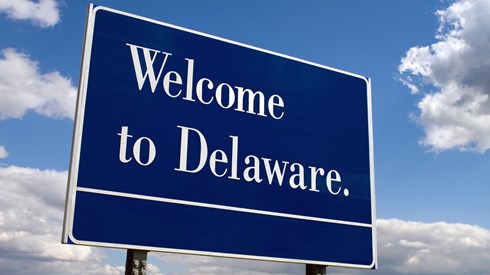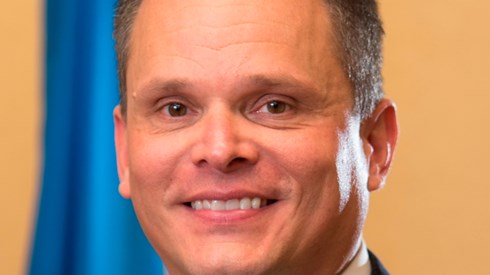Another measure, passed during the 2018 legislative session, continues to be a boon to new captives that want to commence business quickly. That law empowers the state insurance commissioner to issue conditional certificates of authority to allow new captives to begin operations upon the filing of requisite documents while regulators process the captives' permanent licenses.
"This allows new applications to be filed at year-end and for a Certificate of Authority to be effective at year-end, while the Department completes its review in the new year. This is a very helpful tool for captive owners who need their captive to be effective and writing business at the commencement of the new year," Mr. Teichman said.
Delaware captive regulators agree with that assessment. "We created the conditional licensing program, which continues to employ regulatory safeguards but is a much more streamlined process. The captive industry has responded very positively to this creative solution, and the proof is in the numbers," said Commissioner Trinidad Navarro.
"While the pandemic and other market forces negatively impacted captives, we expect growth to continue from the gains made here in Delaware in 2022. The Captive Bureau has experienced increased interest in captive insurance companies due to increased prices in the hardening market," Mr. Taylor said.
Delaware captive premium taxes are modest. Direct written premiums are assessed a flat 0.2 percent tax, while a flat 0.1 percent tax is assessed on reinsurance premiums.
Additionally, a $200,000 tax cap is set on direct premiums and a $110,000 tax cap is set on captive reinsurance premiums.
However, in the case of a captive employing at least 25 full-time employees in Delaware, captive premium taxes are capped at $50,000.










